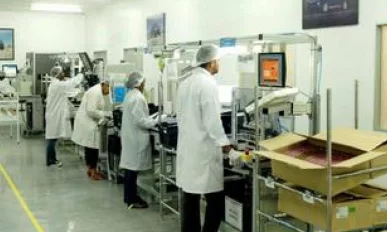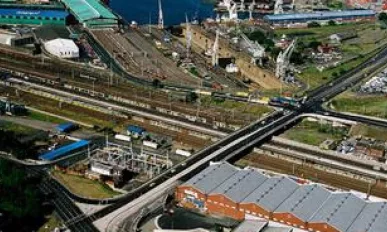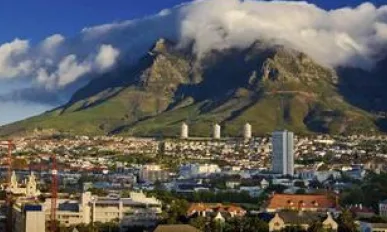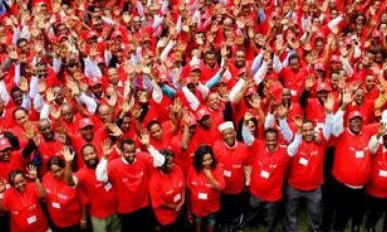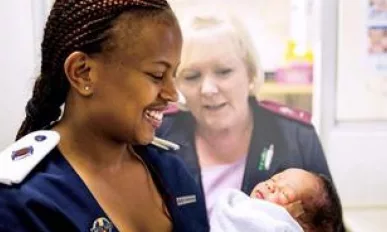Issue 01
PFK Electronics : Elementary, My Dear Watson
The acquisition of Pi Shurlok has enabled Durban based PFK Electronics to diversify says MD Gary Stanton who talks to Africa Outlook.
eThekwini Municipality : Living in Harmony
eThekwini is the largest City in the KwaZulu-Natal and the third largest city in the country. Municipal spokesperson Thabo Mofokeng answers our questions in this exclusive Q&A.
City of Cape Town : The City that Works for You
The City of Cape Town is miles ahead of the other South African metros when it comes to quality of governance and financial management. Africa Outlook talks to Alderman Ian Neilson, the city’s executive deputy mayor.
East Africa Bottling Share Company : Ambitious Plans in Africa
The East Africa Bottling Share Company (EABSC) plans to invest $500 million in the East African nation as it plans expand its capacity further with the aim of meeting increasing demand within the soft drink industry
KFC Nigeria : Spreading its Wings
Yum! Restaurants International continues to expand KFC’s African footprint. Africa Outlook talks to Bruce Layzell, KFC General Manager New African Markets, about the firm’s growth across the continent and particularly in Nigeria.
Netcare : Helping to Heal South Africa
Netcare strives for quality patient care, grounded by an unwavering commitment to its values.



